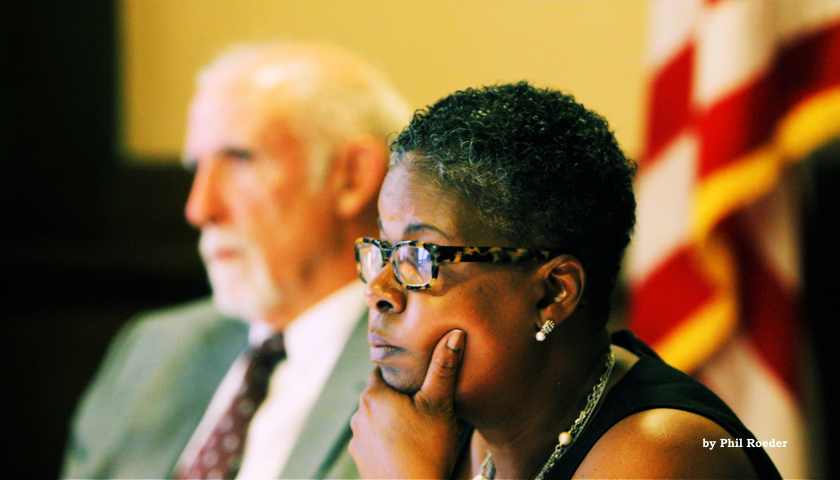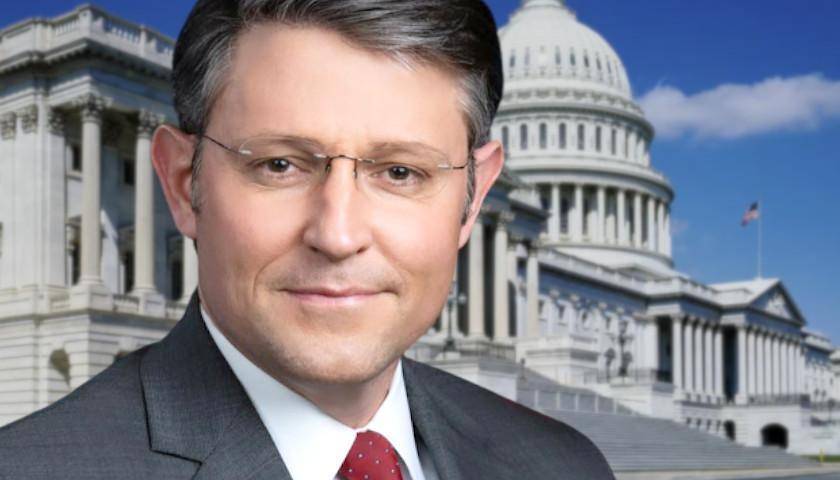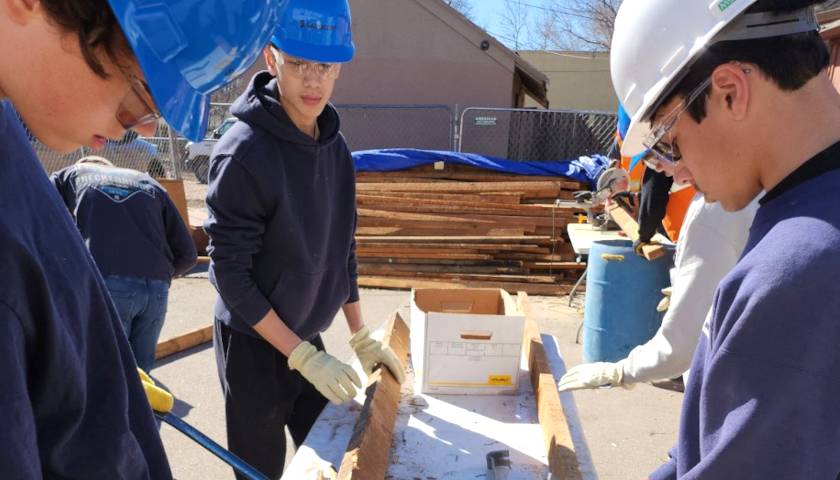Have educators achieved all that was intended from the passing of the Professional Educators Collaborative Conferencing Act of 2011 (PECCA) and the required training? No. And it is time to assess our progress and adjust the legislation.
Let’s examine TCA § 49-5-601 which contains the statement of purpose for PECCA. First, PECCA is about education, both its administration and the hardworking teachers who dedicate themselves to its delivery and improvement. PECCA is NOT about labor unions, associations or other organizations.
That stated, teachers have a right to join groups to effectuate the “highest possible education standard in the institutions they serve”. Those groups, along with the individual educator, participate in the PECCA process in order to “foster open, collaborative relationships between boards of education and their professional employees based on mutual respect.” Teachers and school boards should not be adversarial to the other, but to the extent possible, work together for the benefit of students, improve performance, attract future teachers, and retain and obtain benefits necessary to keep quality teachers in the classroom.
No union or association negotiates an exclusive contract with a Board of Education. The professional employees and local boards of education reach a Memorandum of Understanding (MOU). This understanding becomes district policy. Unions DO NOT negotiate an MOU on behalf of their members. They may or may not be a member of a union, but they have been selected to be part of a panel which represents all district professional employees.
We cannot ignore the important role that all organizations, including unaffiliated teachers, play in the PECCA process. Together we must vote affirmatively before collaborative activities can even take place. They then vote to establish which representatives will participate in the MOU process itself. This process probably needs to be addressed to be more reflective of nonunion and unaffiliated members in the future. The Tennessee Department of Education may be the proper vehicle to conduct impartial training. It is time the Department takes the lead in this arena.
“Experience has shown that boards of education and their professional employees can best reach the objectives described in subdivision (b) (1), if each considers the ability, experience and judgment of the other in formulating policies and making decisions that involve the operations of this state’s public schools through a collaborative effort of mutual interest and mutual gain.” This statement of purpose provides the proper view on which we come together to improve education under the Professional Educators Collaborative Conferencing Act.
Flaunting lawsuits or threatening legal action under PECCA frustrates the ability to work together and provides a basic misunderstanding of its intended purpose. This was published during an ongoing lawsuit in Maury County. The self-serving promotion of litigation, especially in print, was not designed to improve collaboration but to praise an effort of one-upmanship of a single organization, totally contrary to their responsibilities as members of a PECCA panel which represents all “professional employees”. Needless lawsuits hurt all educators, and creates costs to taxpayers, which undermines confidence in public education.
The fact is that the lawsuit was questionable from the very beginning. It was even debatable as to whether the union had standing to bring such an obstructive lawsuit since they are only representing one interest group while participating in the panel process of collaborative conferencing. This should have been resolved within that process, with clear understanding of the roles of the parties. The lawsuit likely cost hundreds of thousands of dollars and took nearly 3 years. Working together this could have been completely avoided.
Again, are we striving toward achievement of the original objective of the PECCA law? It is clear, a course adjustment may be in order. Eliminating needless lawsuits, staying focused on the purpose, including more teachers in the process, and having impartial training moving forward will better establish a peaceful, stable employer-employee relationship. Who could oppose those common-sense changes?
Professional Educators of Tennessee will continue to advocate the protection of the rights of ALL educators to be members of the organization of their choice with equal access. We offer a modern approach to representation, professional development, member benefits, legal protection and unmatched educational advocacy, as well as promoting professionalism, collaboration and excellence without a partisan agenda. We are also funded strictly the dues of our members. Our advocacy efforts carry significant weight with legislators, and other policymakers. We choose to collaborate, not separate, which is a natural choice for a group that is member-owned and member-driven.
– – –
JC Bowman is the Executive Director of Professional Educators of Tennessee, a non-partisan teacher association headquartered in Nashville, Tennessee. Permission to reprint in whole or in part is hereby granted, provided that the author and the association are properly cited. Follow him on social media via Twitter at @jcbowman.




